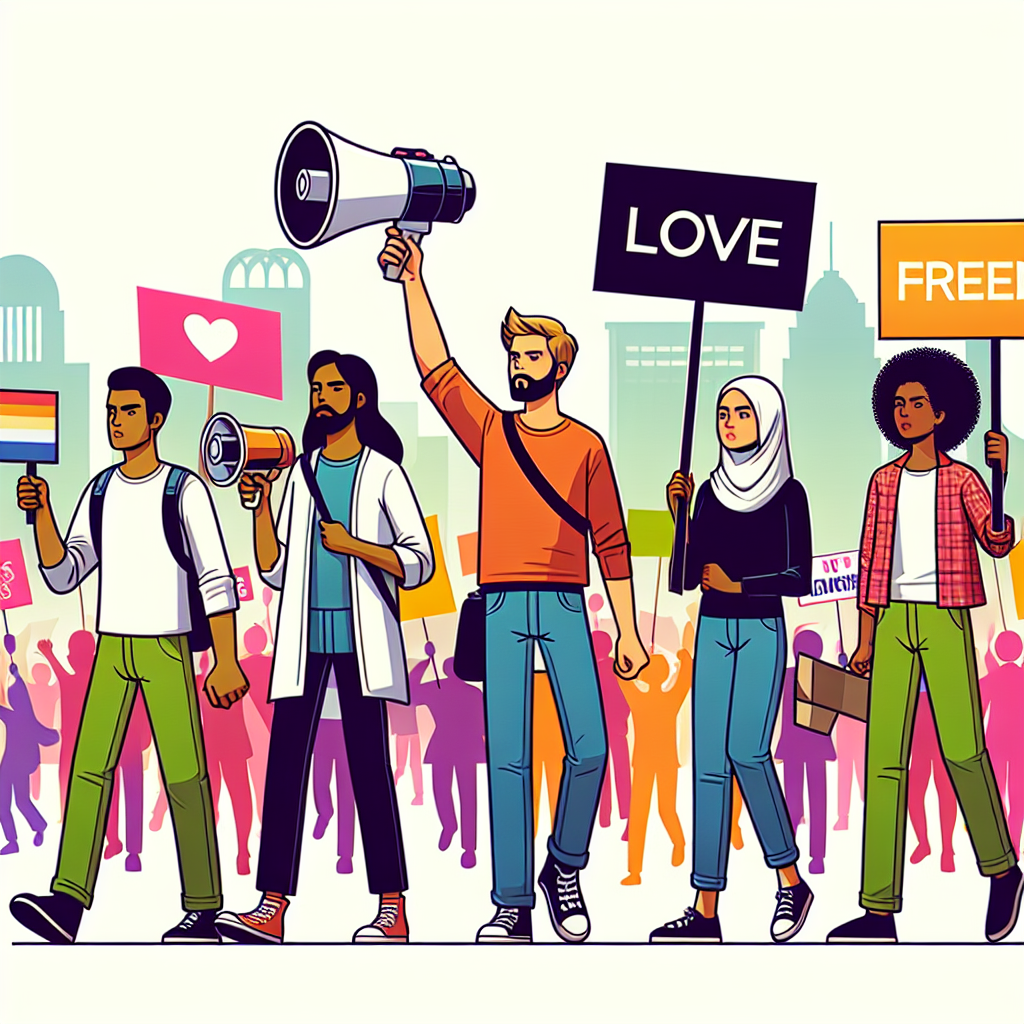Democracy Defies Authoritarian Wave in South Korea Amid Martial Law Crisis
Amid rising global authoritarianism, South Korea's democracy was tested as President Yoon Suk Yeol declared martial law. The effort to seize power was thwarted by popular support for democracy and decisive action by lawmakers. This underscores the importance of checks and balances in a democratic system.

- Country:
- South Korea
In a world facing increasing authoritarianism, South Korea has emerged as a beacon of hope for democracy. The country's democratic institutions stood strong last week when President Yoon Suk Yeol declared martial law.
Utilizing armed troops and helicopters, Yoon sought to control the media, ban opposition, and stifle dissent. Legislators, however, acted swiftly, bypassing tanks and climbing fences to converge in the National Assembly. Their unanimous vote to cancel martial law was a striking display of democratic resolve.
This resolution underlines both the fragility and resilience of democracy in a polarized world. While some countries might have succumbed, South Korea's response demonstrated the power of unified public support and reinforced the significance of democratic checks and balances.
(With inputs from agencies.)
ALSO READ
South Korea ex-minister's lawyers defend martial law as Yoon faces impeachment trial
South Korea's Political Turmoil: Impeachment Vote and Martial Law Crisis
South Korea's Political Storm: Impeachment Amid Martial Law Controversy
South Korean authorities seek warrant to detain impeached President Yoon Suk Yeol in martial law probe, reports AP.
South Korea's Martial Law Controversy: President Faces Arrest










